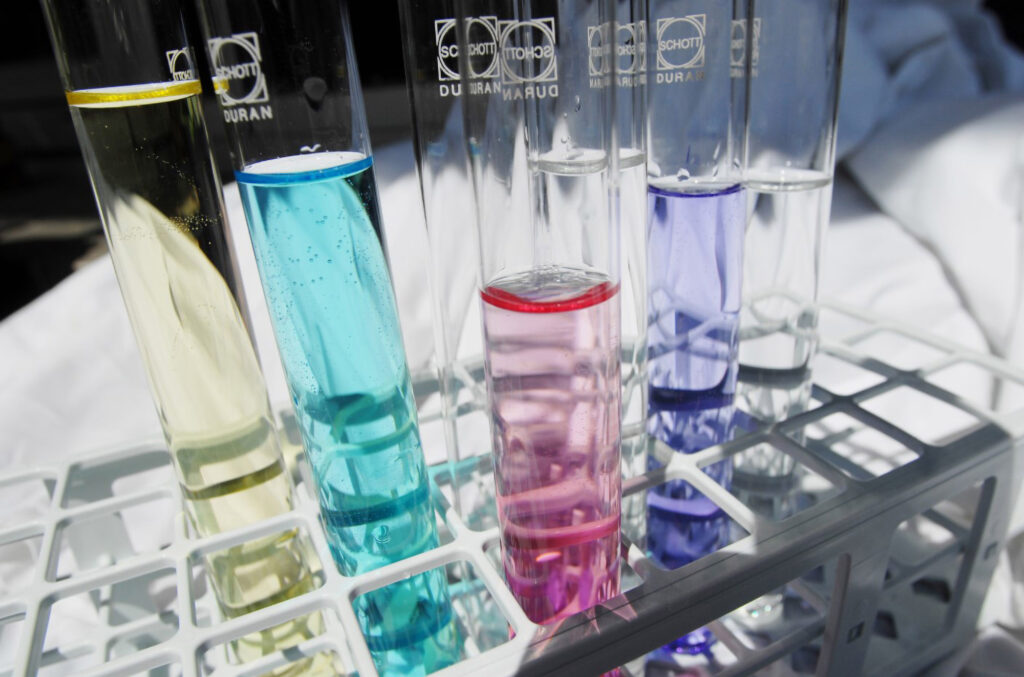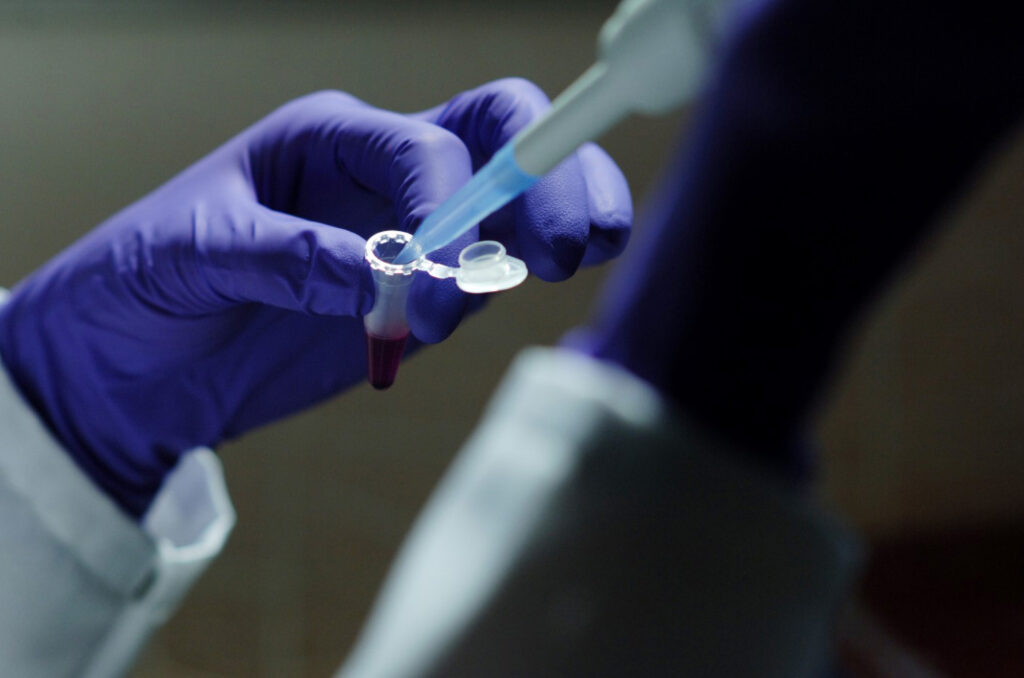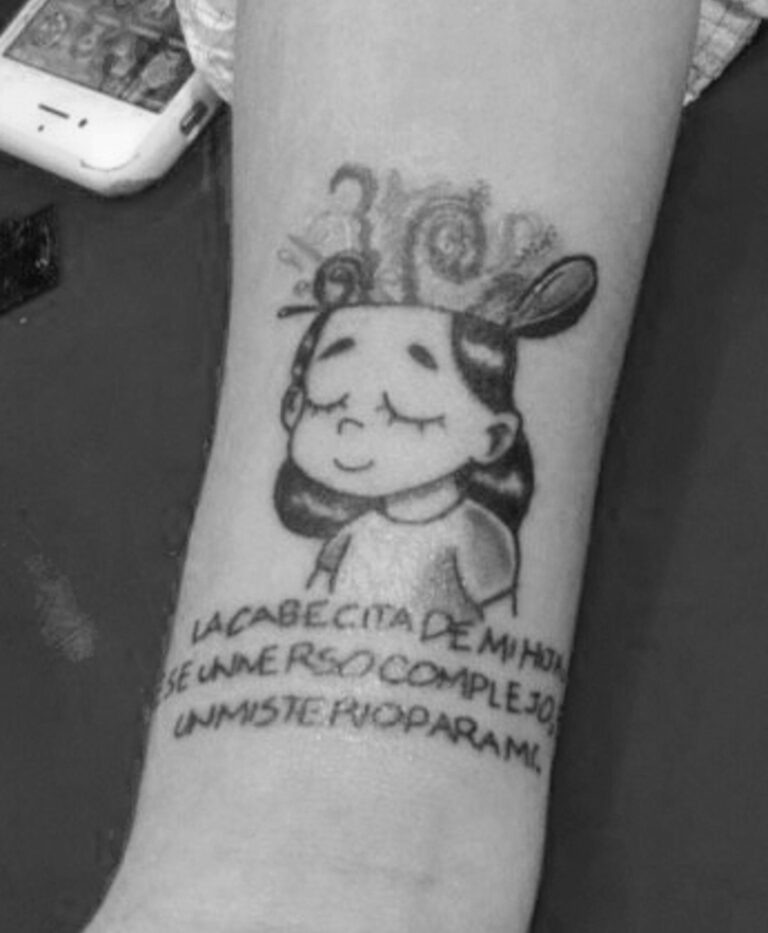Austrian scientists are developing new treatments for illnesses such as cancer and autoimmune conditions using shark and camel antibodies.
Klaus Liedl, who works at the University of Innsbruck in the Austrian state of Tyrol with a team of 30 scientists, is developing antibody treatments to boost the body’s immune system and help fight cancer.
The ‘therapeutic antibodies’, which are artificially produced in a laboratory, have become increasingly common in treating various illnesses, autoimmune conditions and even COVID-19, according to the news site APA-Science.

(University of Innsbruck/Newsflash)
Liedl and his team are using antibodies from camels and sharks to optimise the therapeutic antibody treatments they are developing.
As an integral part of the immune system, proteins trap damaged cells and antigens and stop them from entering or interacting with the body’s healthy cells.
Research into antibodies has led to the development of therapeutic antibodies with the use of molecular biology, however the molecules are larger than those commonly found in pills ingested by patients and therefore need to be injected into them directly.
Liedl told the Austria Press Agency (APA): “At several weeks, they stay in the body and therefore last much longer than traditional drugs made from small chemical compounds (which often last several hours).
Thanks to molecular biology, therapeutic antibodies are used to treat a range of different illnesses, with Liedl explaining: “The building blocks of the antibodies can be combined like Lego blocks.

(University of Innsbruck/Newsflash)
“So far, therapeutic antibodies have been developed for diseases whose points of attack are on the cell surface, which are easily accessible for the antibodies.”
To develop the treatments further, scientists need the antibodies to penetrate the body’s cells or the central nervous system, which is where shark and camel antibodies can be useful as their antibody binding regions are more compact than in humans.
Liedl said: “We use the upper part of the shark or camel antibodies, for example, their much smaller ‘binding interface’, and use this on human antibodies that have been modified in terms of molecular biology, which then facilitates further communication take over with the cells.”
“In response to antigens, our immune system produces ever more specific, ever stronger binding antibodies. That makes sense, of course, but becomes a problem when mutations occur.”
He added that the team is working to “understand how specific the antibodies are and what to do to precisely modulate that specificity”.
Liedl said therapeutic antibodies will never replace traditional drugs altogether, but he remains optimistic that “there is still a lot of room for new developments” in the field.

(University of Innsbruck/Newsflash)
To find out more about the author, editor or agency that supplied this story – please click below.
Story By: Lee Bullen, Sub-Editor: Joseph Golder, Agency: Newsflash
The Ananova page is created by and dedicated to professional, independent freelance journalists. It is a place for us to showcase our work. When our news is sold to our media partners, we will include the link here.




